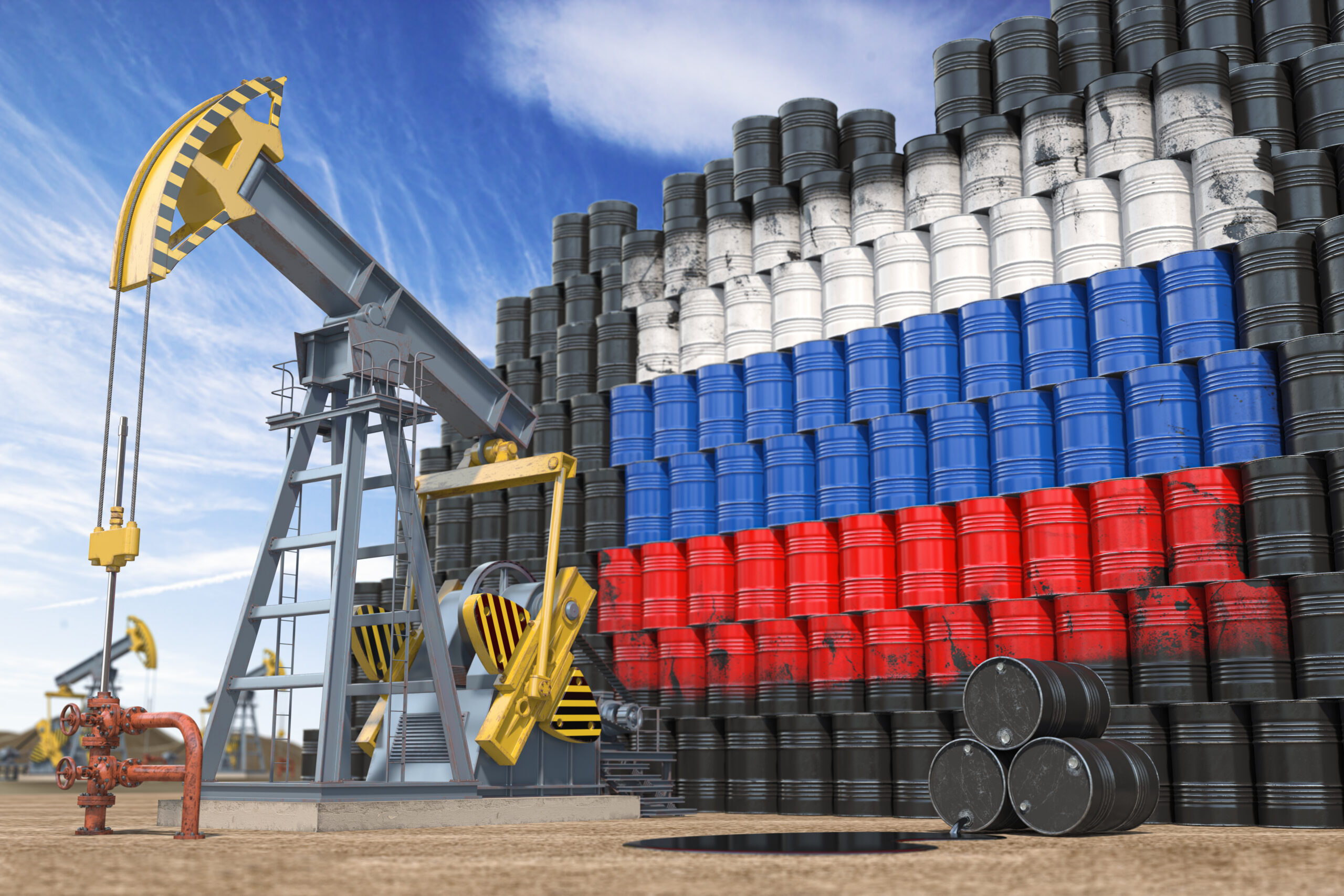The Russian central bank projected that the nation’s main Urals oil blend will average $55 per barrel between 2023 and 2025. The overall average cost of Russian oil is anticipated to be slightly more, considering the inclusion of pricier grades.
This estimation falls below the $60 per barrel price ceiling set by the West due to Russia’s activities in Ukraine. For this year’s Russian budget, the breakeven price for the Urals is estimated at $70.1 per barrel.
The cost of Russian oil holds significant importance for the state’s revenue and is closely monitored, especially considering the federal budget reported a deficit of 3.4 trillion roubles ($44 billion) in the first quarter of the year.
“The expected price for Urals oil remains constant at $55 per barrel for 2023–2025. Meanwhile, the actual export price of Russian oil will likely be somewhat higher, reflecting the higher costs of other supply sources,” stated the central bank in a monetary policy report published on Thursday.
The bank did not precisely predict the average cost of Russian oil.
Besides the Urals, Russia exports several other oil grades, including Siberian Light, ESPO, Sokol, and ARCO.
The bank further mentioned that the price gap between Urals and dated Brent – the cost of physical, light North Sea crude oil – decreased to $25 per barrel by April, down from $34 in January-February.
Despite most analysts expressing disagreement, Finance Minister Anton Siluanov repeatedly assured Russia’s budget deficit this year would not exceed 2% of GDP. The International Monetary Fund predicts a significantly larger budget deficit for Russia this year.
According to recent data, oil and gas revenues have decreased by 52.3% year-on-year in the first quarter of this year. Siluanov stated that these revenues would be vital for Russia to achieve the 2% target.
Siluanov also pointed out that the drop in oil and gas revenues is a severe concern for Russia’s budget. He emphasized that the country must diversify its income sources to lessen its dependence on these commodities.
The Central Bank’s report discussed the effects of the Western-imposed price cap on Russian oil due to the situation in Ukraine. The cap impacts the country’s revenue and affects international trade dynamics. It underlined the need for Russia to engage in diplomatic solutions and maintain stable international relations to safeguard its economic interests.
The Russian central bank also acknowledged the fluctuations in the price difference between the Urals and dated Brent crude oil, indicating the volatility of the global oil market. The bank emphasized Russia’s need to adopt strategies to buffer its economy against such volatility.
Besides Urals, the report mentioned other Russian oil grades such as Siberian Light, ESPO, Sokol, and ARCO. The central bank stated that these grades’ prices would play a vital role in determining the average export price of Russian oil.
The International Monetary Fund’s forecast of a wider budget deficit for Russia this year makes it urgent for the country to reevaluate its economic strategies. The IMF, among other analysts, advocates for diversification of income sources and stringent fiscal policies to better manage the projected deficit.
The Russian central bank’s forecast and the concerns raised by Finance Minister Anton Siluanov highlight the challenges Russia faces in managing its economy in light of geopolitical tensions and a fluctuating global oil market. It underlines the need for strategic planning and wise economic policy-making to ensure the country’s financial stability.







